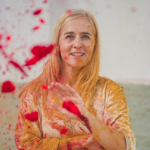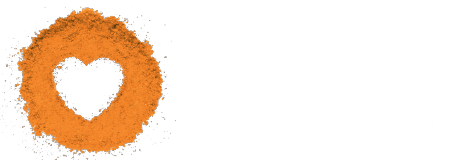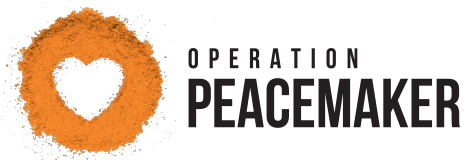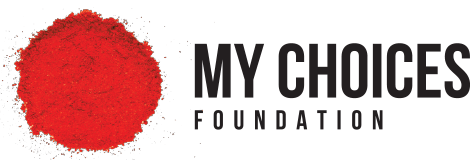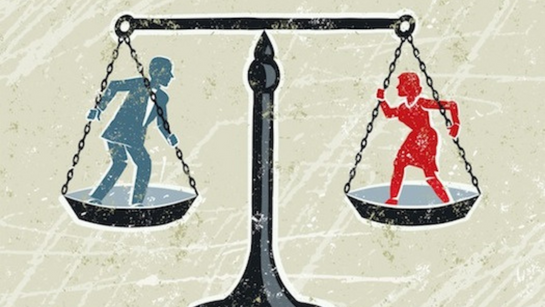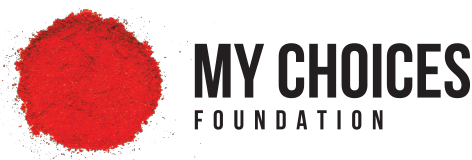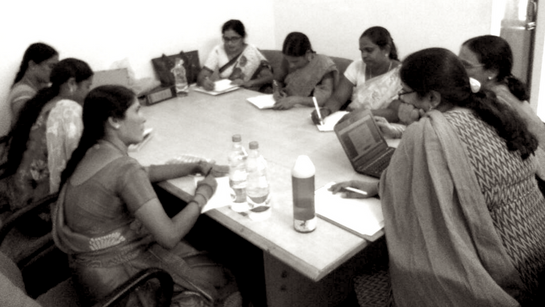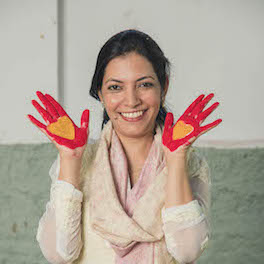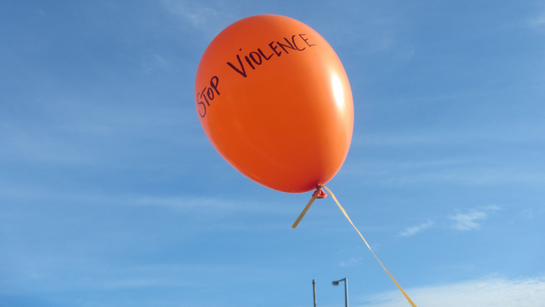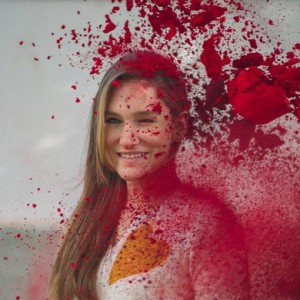- CATEGORY: OPERATION PEACEMAKER
VIOLENCE AGAINST WOMEN ISN’T A WOMEN’S RIGHTS ISSUE, IT’S A HUMAN RIGHTS ISSUE
Founder Elca Grobler writes about gender based violence and what inspired her to pursue the idea of training local women to be #peacemakers and #changeagents.
Violence against women isn’t a women’s rights issue, it’s a human rights issue. More women are killed each year by domestic violence than by malaria, war and accidents combined. I’m driven by a righteous anger about the abuse and injustice so many women face today. With so much going so right, how can so much be going so horribly wrong?
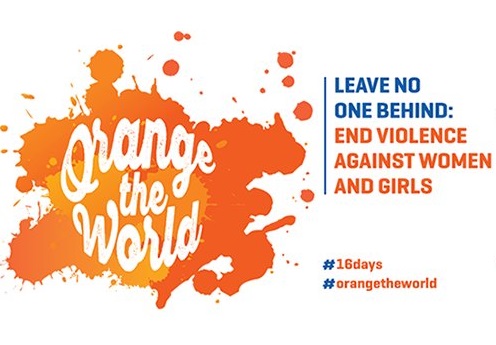
Half of the world’s population is being slowly killed off by the other half. How did we get to the point in our modern society where almost half of Indian women face domestic violence? In 2017, we still have close to 50 per cent of the girls in India who marry, marry as children. How did we get to the point where 50 million girls in India are missing? Killed as infants or foetus. Why aren’t we, in 2017, at a point where we can break the cycle of violence against women?
In the lead up to the International Day for the Elimination of Violence against Women on 25 November and the 16 days of activism against gender-based violence that follow it, why do we, as a society, allow violence to ruin the lives of millions of women and their children? We must build awareness of the magnitude of this human rights crisis. Violence against women costs the global community $7 trillion a year, but it’s not the economic cost that should drive action, it’s the human cost.
We need to use platforms like the one given to us by the United Nations, to make the horror and impact of gender-based violence real to people, otherwise we won’t make any progress in eliminating it. Men need to join us on this journey – we should never exclude men because if you do so it’s like fighting a fight with one hand held behind your back. We need to make men part of the solution, encourage them to step up, speak up, but they can’t step up and speak up if they don’t know what the reality is – that’s why we need an international day to focus attention on the issue.
We also need to let women know about the extent of the crisis, so they can speak up, know they are not the only ones it’s happening to and it’s not their fault. This is a global crisis. We need women to speak up, we need men to be part of the solution. And that’s why the International Day for the Elimination of Violence against Women is so important.
When Opportunity International Australia’s partner, My Choices Foundation, started its domestic violence program, PeaceMakers, in India in 2012, we knew we couldn’t bring about change in communities from a head office. It needs to happen locally with local women. We realised we needed to train women to go into their communities and be the voice of change, put a stop to domestic violence.
I remember a very poor district in Hyderabad where we were training women to be PeaceMakers who go into the local community, counsel women and their families and refer them to domestic violence support services. I was leaving the training centre – walking down the stairs – and a Peacemaker who had trained two months previously was standing on the stairs waiting for me with a young girl who was completely covered – I could only see her eyes – even her hands were covered. I approached them. The girl was tiny, looked young, even though she was 20. She was forced to marry when she was 14 to a much older man and had three children by the time she was 17.
The young woman was facing severe domestic violence and had no one to go to, so she opened up to the PeaceMaker who worked in a local beauty parlour and wore a PeaceMaker badge so she was easily identifiable. The woman was at the point of taking her own life because she couldn’t see a way out of the abusive situation she was living in. For her, the courage to just get out of the house and wait on the stairs for me was enormous.
When we did one of our first training programs, we had a mock session with two psychologists and a PeaceMaker, when the lady being trained opened up about what was happening in her life. Her husband and parents-in-law locked her up, abused and starved her. Her life became our counselling session. Something happened that was magical – the 40 ladies in the room, who were a mix of Christian, Muslim, Hindu and Buddhist, joined hands and prayed for the woman. At that moment, the horror of what she faced every day surpassed religion. She became a very active PeaceMaker, preventing young girls from being trafficked. She’s become one of our star PeaceMakers, going from being trapped in an abusive situation herself, to being one of our leading PeaceMakers.
How can we still live in a world where we have so many dowry attacks, acid attacks? For me, eliminating domestic violence is a calling. I’m not able to do anything else. Everything I’ve ever done is a preparation to take up this journey and it both encourages and inspires me – doing something courageous transforms you. And it’s contagious. If you do something, stand up, speak up, it will catch on and others will get on board. It not only transforms you, it transforms the people around you as well. Although work at My Choices is not easy – it’s heartbreaking at times – it’s the courage I see in the women that inspires me. It takes courage for women and girls to stand up and speak about the abuse in their lives. I have a desire, a drive, to help them change their lives.
Gender-based violence touches all of us in some way as we’re all linked to a female. It’s a human rights issue that we must urgently solve. Speak up about it, be more informed about it, support it. Thank you. You’re making the world a safer place for everyone.
This article was first published by Opportunity International, followed by Women’s Agenda and SIGHT magazine.
